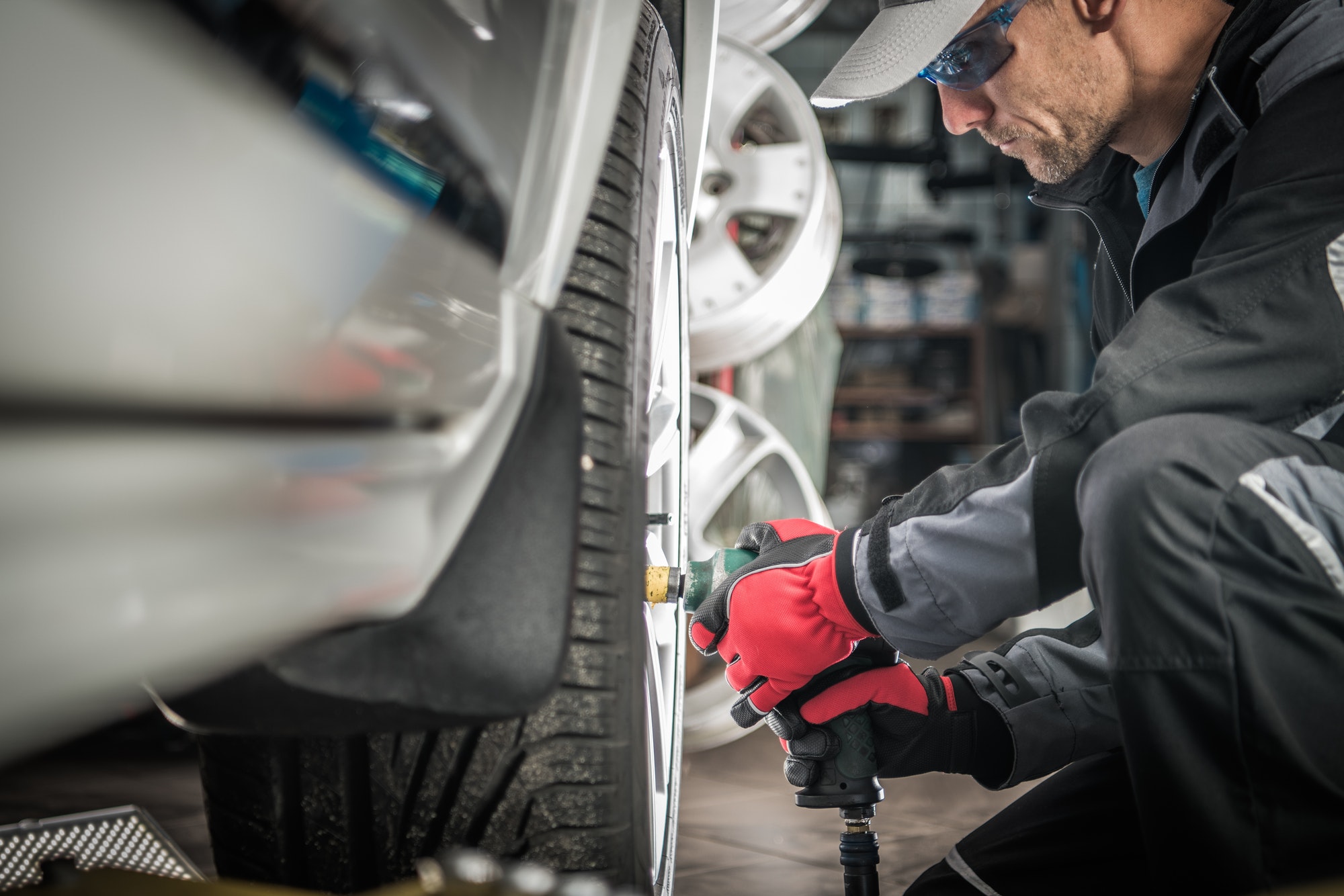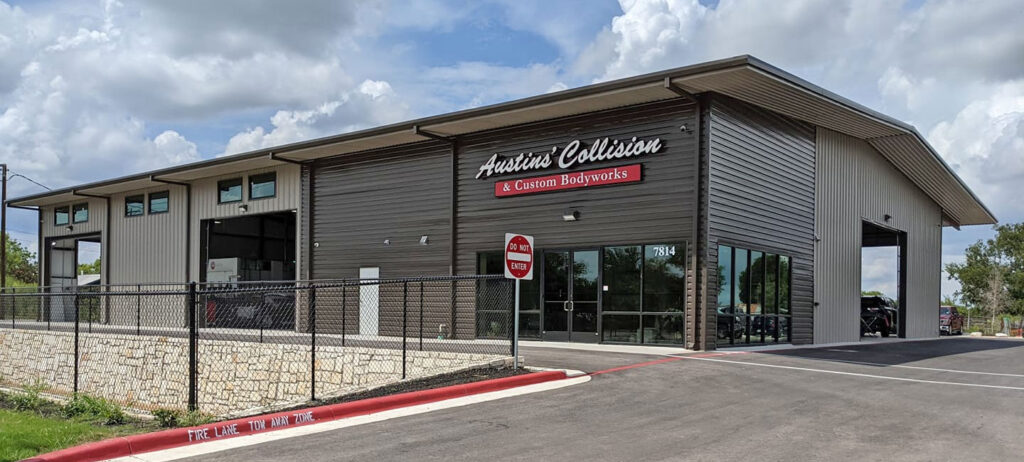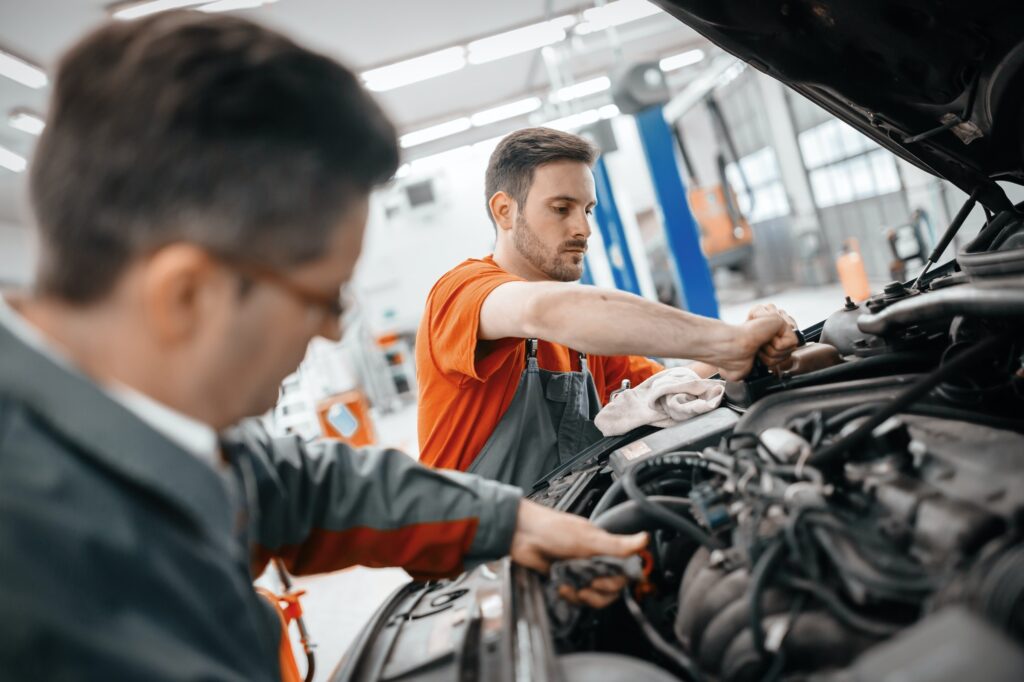The Power of a Proper Tune-Up: Why Cutting Corners Costs More in the Long Run
In the fast-paced world of modern driving, it’s easy to overlook the importance of a proper tune-up — until something goes wrong. Many car owners are tempted to save time and money by skipping routine maintenance or opting for quick, low-cost fixes. But at Austin’s Collision + Custom Bodywork, we’ve seen time and time again how cutting corners leads to bigger problems down the road. A proper tune-up isn’t just about keeping your car running — it’s about ensuring safety, performance, and longevity.
Here’s why doing things the right way when it comes to tune-ups makes all the difference:
🏆 1. Precision Matters — Don’t Just “Change the Oil”
A tune-up is more than just changing the oil and topping off fluids — it’s about making sure every part of the engine and its supporting systems are working together as designed. Modern engines rely on a network of sensors, computers, and mechanical components that need to be in sync for maximum efficiency.
✅ What a Proper Tune-Up Includes:
- High-quality synthetic oil (if your car requires it) — no cheap substitutes.
- OEM (Original Equipment Manufacturer) filters — off-brand filters can restrict flow and reduce performance.
- Spark plug replacement with the correct type and gap setting.
- Timing adjustments to keep the engine firing at peak efficiency.
- Inspecting belts and hoses for wear — replacing them before they fail.
💡 Pro Tip: Don’t just go with the cheapest oil and filter — using low-quality parts might save money now but can lead to poor engine performance and higher repair costs later.
🚗 2. A Proper Tune-Up Improves Fuel Efficiency
One of the first signs that your car needs a tune-up is a drop in fuel efficiency. Dirty air filters, worn spark plugs, and misaligned sensors force your engine to work harder, burning more fuel than necessary.
✅ How a Tune-Up Saves You Money:
- Clean or replace air filters to ensure proper airflow.
- Adjust the fuel-to-air ratio to maximize combustion efficiency.
- Fix minor misfires and replace failing ignition coils.
- Inspect tire pressure and alignment — improper alignment increases rolling resistance and burns more fuel.
💡 Pro Tip: After a proper tune-up, you could see a 5%–15% increase in fuel efficiency — that adds up over time!
🛡️ 3. Safety Is Non-Negotiable
Your car’s braking, steering, and stability systems are all interconnected. A proper tune-up includes inspecting these safety-critical systems and addressing any wear or misalignment before they become dangerous.
✅ What a Safety-Focused Tune-Up Covers:
- Brake pads and rotors – ensuring even wear and responsive braking.
- Suspension and shock absorbers – for optimal handling and control.
- Tire tread and pressure – ensuring proper grip and stopping power.
- Checking all warning lights – addressing sensor malfunctions before they lead to failure.
💡 Pro Tip: Many modern cars have safety systems (like ABS and traction control) that rely on properly functioning brakes and suspension — ignoring these systems could lead to failure when you need them most.
🔧 4. Don’t Ignore the Electronics — They Keep Your Car Running Smoothly
Modern cars are loaded with electronic systems that manage everything from throttle response to transmission shifts. A proper tune-up includes checking the car’s onboard computer and sensors for updates and calibration.
✅ What a Tune-Up Should Include for Modern Cars:
- Update the ECU (Engine Control Unit) software to the latest version.
- Reset and recalibrate sensors (like oxygen and MAF sensors).
- Test the battery and alternator to ensure proper voltage delivery.
- Inspect all electrical connections for corrosion or loose terminals.
💡 Pro Tip: A miscalibrated sensor can reduce engine power, throw off fuel economy, and trigger warning lights — recalibrating these systems often resolves hidden issues.
🔥 5. Extend the Life of Your Car
A proper tune-up isn’t just about short-term performance — it’s about adding years to the life of your car. Preventative maintenance reduces wear and tear on major components like the engine, transmission, and drivetrain.
✅ Long-Term Benefits:
- Consistent power delivery and smooth acceleration.
- Fewer costly breakdowns and unexpected repairs.
- Reduced wear on major engine components.
- Higher resale value — a properly maintained car holds value better.
💡 Pro Tip: Skipping tune-ups or using cheap parts might save money today — but it will cost you more in the form of engine failure, transmission issues, and lower resale value down the road.
🚨 Why Cutting Corners Costs More
We’ve seen it all at Austin’s Collision + Custom Bodywork — cheap oil filters that collapse under pressure, poorly installed spark plugs that misfire, and improperly calibrated sensors that leave drivers stranded. Saving a few bucks today can lead to costly repairs tomorrow.
❌ Cheap parts = More frequent repairs
❌ Ignoring warning signs = Increased safety risk
❌ Inadequate tune-ups = Poor performance and lower fuel efficiency
✅ Investing in a Proper Tune-Up = Peace of Mind
🏁 Final Thoughts
A proper tune-up is not a luxury — it’s a necessity. By investing in quality parts, experienced technicians, and thorough maintenance, you protect your car, your wallet, and your safety. At Austin’s Collision + Custom Bodywork, we believe in doing things the right way — no shortcuts, no compromises.
💬 Ready to give your car the tune-up it deserves? Contact us today — we’ll make sure your car runs like new and stays that way!






